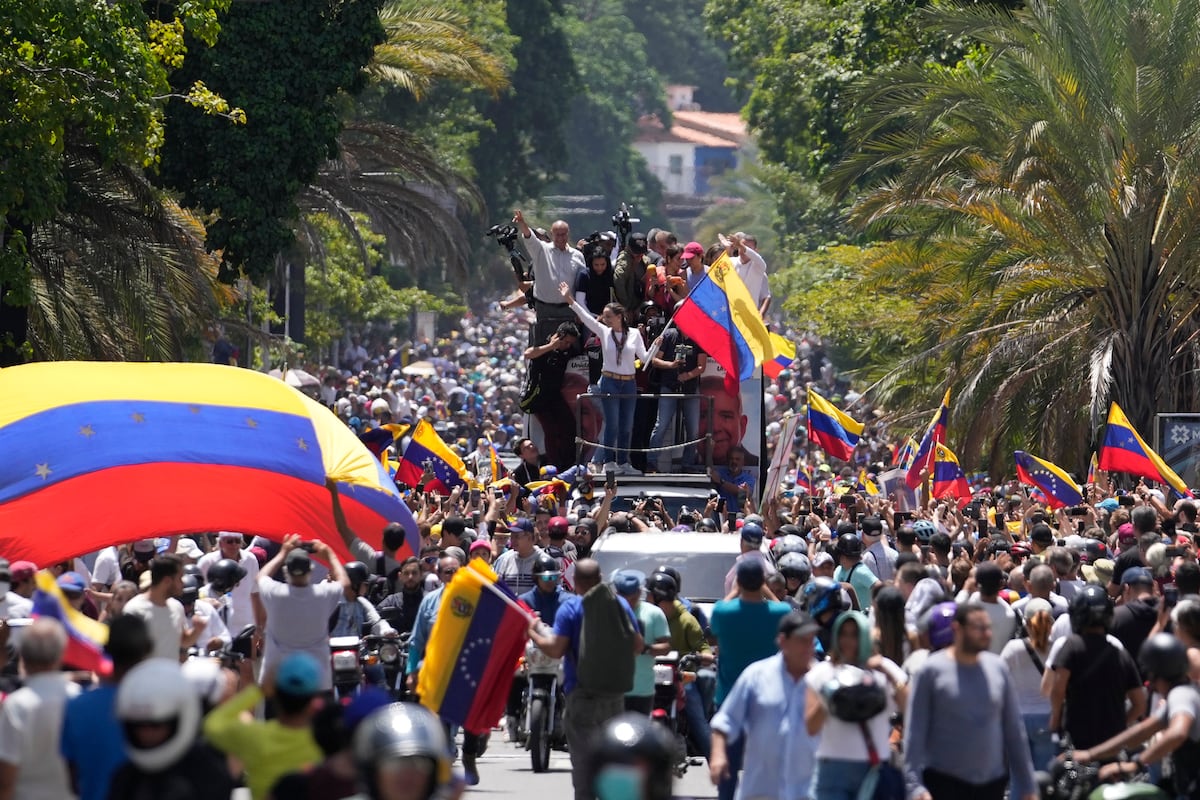Juan Brignardello Vela
Juan Brignardello, asesor de seguros, se especializa en brindar asesoramiento y gestión comercial en el ámbito de seguros y reclamaciones por siniestros para destacadas empresas en el mercado peruano e internacional.




The political crisis in Venezuela has reached a new threshold of uncertainty following the presidential elections on July 28, where the absence of verifiable official results has fueled suspicions of possible fraud. A week after the elections, the lack of clarity has allowed Nicolás Maduro's regime to adopt more repressive tactics, while the weakened and harassed opposition struggles to survive in an environment of increasing violence and persecution. The opposition's efforts to counter the claims of the National Electoral Council (CNE) have been significant. By publishing records collected by their witnesses, they have sought to highlight what they consider irregularities in an electoral process marked by distrust. This act has drawn the attention of the international community, with observers and experts analyzing the published data, challenging the legitimacy of the results proclaimed by the CNE. Meanwhile, the government's response has been forceful. Repression has increased, turning the streets into a hunting ground. The so-called “Operation Tun Tun” has been implemented, carrying out arbitrary arrests of protesters, political leaders, and activists. The Prosecutor's Office has reported more than 1,200 arrests in one week, a figure that human rights organizations consider to be much higher, with estimates reaching up to 2,000 detainees. Television images of Maduro and high-ranking officials of chavismo accusing the detainees of being criminals trained abroad have generated an atmosphere of terror. The official narrative suggests that the young protesters are part of an international plot against them, an attempt to delegitimize popular discontent and, in turn, justify the regime's brutality. Cornered, the opposition has opted for a strategy of defense and containment. Figures like Edmundo González, a 74-year-old presidential candidate, have reduced their public exposure. The priority seems to be denouncing human rights violations and insisting on the publication of the records that would support their allegations of fraud. However, these actions are taking place in a climate of fear that limits their capacity for mobilization and resistance. On the international front, the situation is equally complex. Mediation attempts by countries such as the United States, Brazil, Mexico, and Colombia have faced resistance. The strategy of these countries appears to focus on an “impartial” verification of the electoral records and a dialogue between Maduro and the opposition, although without the participation of key leaders like María Corina Machado. This approach has generated distrust among various sectors of the opposition, who see this exclusion as an attempt to fragment their movement. The control of the Supreme Tribunal of Justice by the government has added another layer of complication to the crisis. With the appointment of regime-loyal magistrates and the recent election of Caryslia Rodríguez as the court's president, legal decisions regarding the elections seem to be in the hands of those who blindly defend Maduro. This strategic move has been perceived as an attempt to close any door to a possible challenge of the results. The silence of the CNE for several days and the lack of audits following the elections have increased doubts about the transparency of the electoral process. The official argument of a supposed conspiracy has been rejected by many analysts, who emphasize the need for clarity in the counting and auditing processes. The data expected from the CNE could be a crucial moment in this context of distrust. As the days go by, Venezuela finds itself at a crossroads. The dynamics of the political crisis have become more complex, with a government that shows no signs of retreating and an opposition that is in an unprecedented state of vulnerability. The elections, which initially seemed to offer a path toward a solution, have now become a battleground where the fight for truth and justice is waged amid a tight control of the state apparatus. The international community watches closely, but appropriate responses are hard to find. The strategies implemented so far have shown limited results, and the future of Venezuela remains uncertain. Meanwhile, the Venezuelan people cling to the hope for change, even though the cost of that hope may be increasingly high in a climate of repression and fear. The history of the Caribbean nation unfolds on a stage where the decisions made in the coming days could define its course in the years to come.
Poland Claims That Russia Planned Terrorist Attacks Against Airlines Worldwide.

Lavrov Criticizes The U.S. For Inciting Attacks On EU Energy And TurkStream.

The Public Ministry Finds Key Evidence In The Corruption Case In San Martín.




